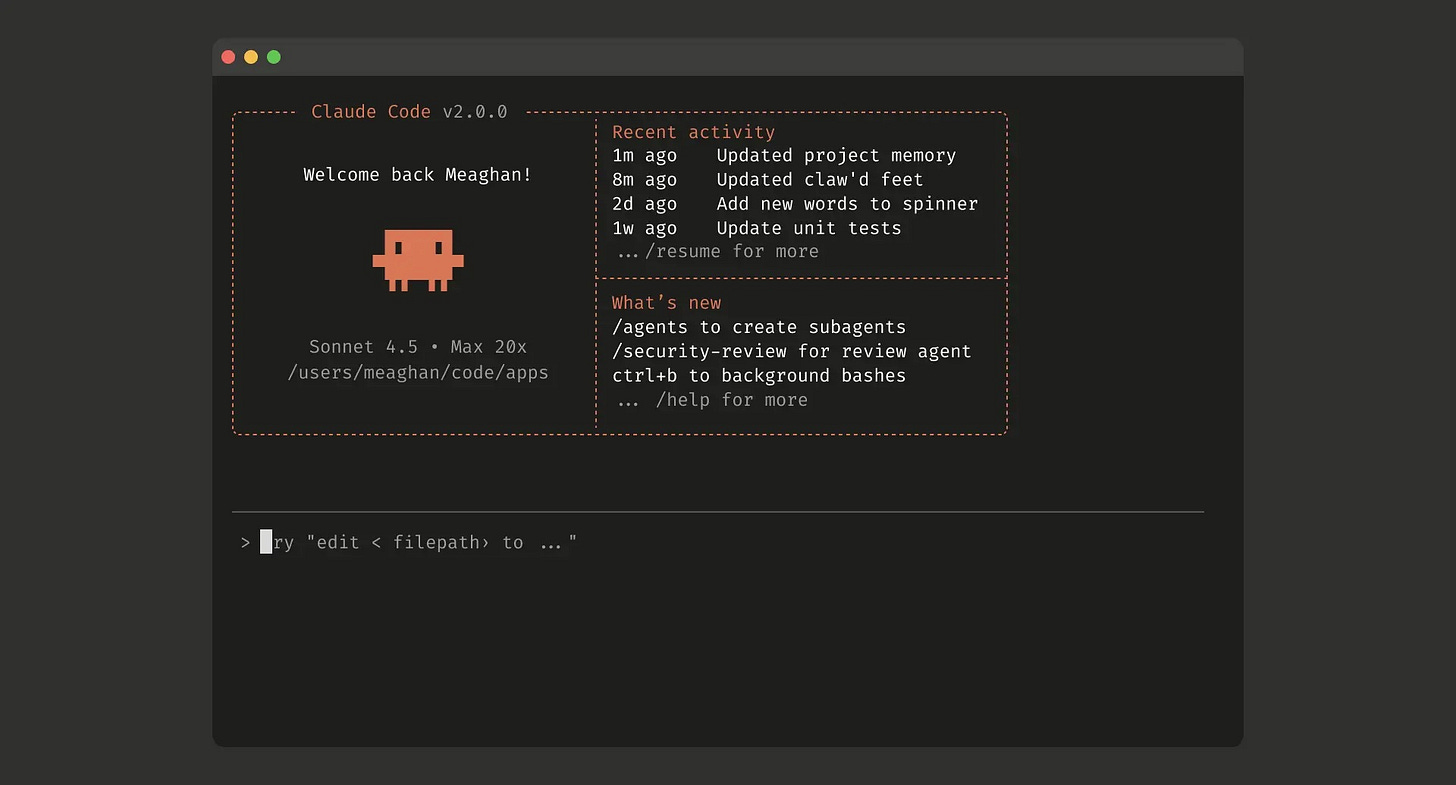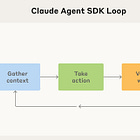Sora 2
OpenAI has released Sora 2, a big upgrade to its video generation model that creates more physically accurate videos with synchronized audio, alongside a new social app that lets users insert themselves into AI-generated scenes, called “cameos.”
The big picture:
It’s early days, but it seems that OpenAI still can create viral product moments, especially in the aftermath of Meta’s lukewarm Vibes launch - Sora hit #3 on the App Store on its first day.
There are going to be a lot of copyright issues to be sorted out. OpenAI has stated that copyright holders need to individually opt out of the system, and in the meantime, we’re getting AI-generated clips featuring SpongeBob, Pokémon, Mario, Rick and Morty, and Star Wars.
Even though this (arguably) isn’t the best video generation model out there, the fact that it’s OpenAI means millions more will tinker with the tech. It’s unclear how our media diet will handle synthetic content at an unprecedented scale.
And OpenAI is seemingly trying to ward off typical social media problems by avoiding engagement optimization, likeness guardrails, and focusing on creation over consumption - though whether this approach survives contact with real-world usage remains to be seen.
Elsewhere in OpenAI:
OpenAI rolled out Instant Checkout to let users make single-item purchases directly in ChatGPT, starting with US Etsy sellers, and plans to add Shopify merchants.
It also launched new ChatGPT parental safety controls for users aged 13 to 18, including parental and law enforcement alerts for chats about self-harm or suicide.
ChatGPT got its first extended ad campaign featuring three 30-second cinematic ads with a focus on everyday AI use cases in the US and the UK.
The company completed a secondary share sale that let staff sell ~$6.6B at a $500B valuation, making it the world’s most valuable startup, ahead of SpaceX.
And leaked financial disclosures to investors suggest OpenAI generated ~$4.3B in H1 2025 revenue, 16% more than all of 2024, and burned $2.5B, largely due to R&D.
Elsewhere in the FAANG free-for-all:
Google unveils Gemini for Home to replace Google Assistant on smart speakers with new voices and improved conversational skills.
Meta will use users’ AI chatbot conversations to help personalize ads and content starting December 16.
YouTube is testing AI hosts in YouTube Music that will share stories and trivia about users’ listening through its new Labs program.
Apple has developed an internal ChatGPT-like iPhone app code-named Veritas to help test and prepare for a major Siri overhaul next year.
AWS and the NBA announced a multiyear partnership to launch AI-powered features and data insights including an “NBA Inside the Game” platform.
And Meta is working on humanoid robots internally called “Metabot” as its next major bet, with plans to license software to robot makers.
Sonnet 4.5
Anthropic released Claude Sonnet 4.5, claiming it’s the world’s best coding model with significant improvements in reasoning, math, and computer use capabilities.
Why it matters:
Claude Sonnet 4.5 achieves state-of-the-art performance on real-world coding benchmarks, and can maintain focus on complex tasks for 30 hours, suggesting we’re approaching competent AI coding assistants.
Anthropic is positioning this as part of a broader platform play, offering developers the same building blocks (virtual machines, memory management, multi-agent support) that power their internal tools to build custom AI agents.
Despite increased capabilities, Anthropic claims this is their most aligned model yet. The system card detailed new types of safety testing, including “white box” testing, which looks inside the model’s internal representations of ideas and goals.
For a deeper look at the release, check out Wednesday’s post.
Elsewhere in frontier models:
Google says Gemini 2.5 Flash Image, also known as Nano Banana, is now generally available with support for more aspect ratios at $0.039 per image.
DeepSeek releases DeepSeek-V3.2-Exp built using a new technique called DeepSeek Sparse Attention while halving the pricing of its tools.
And Mira Murati’s Thinking Machines Lab launches Tinker, an API for fine-tuning language models with support for Qwen and Llama, in private beta.

Synthetic Starlet
A London-based studio is getting attention for its AI “actress” named Tilly Norwood, marketing her as “the next Scarlett Johansson or Natalie Portman” - prompting SAG-AFTRA to condemn the synthetic performer as a threat to human actors.
Between the lines:
Creator Eline Van der Velden positions Norwood as “art” rather than a replacement, the industry isn’t convinced - seeking agency representation signals clear intent to compete for actual roles.
While A-list stars may be relatively safe, background and voice actors face much higher risk of displacement, with one study predicting over 20% of film and TV jobs could be affected by AI by 2026.
But “Tilly Norwood” isn’t the only AI avatar making deals - a Mississippi lyricist just signed a potentially $3 million record deal for an AI R&B artist called “Xania Monet,” even though only the human-written lyrics can potentially be copyrighted.
Elsewhere in AI anxiety:
Microsoft researchers say AI models can be used to design toxins that evade biosecurity systems used to screen DNA orders for potential biothreats.
VCs say some AI startups, under pressure to show rapid ARR growth, are using questionable accounting practices.
Inaccurate AI translations of Wikipedia pages, which AI models use for training, may cause a doom spiral that further marginalizes vulnerable languages.
Accenture, which laid off 11K+ employees in the past three months, warns of more cuts if workers cannot be retrained to have the skills needed for the age of AI.
And US wholesale electricity costs now cost as much as 267% more for a single month than in 2020 in areas near significant data center activity.
Second Time’s the Charm
California Governor Gavin Newsom signed a new AI safety law that requires major AI companies to publicly disclose their safety protocols. The legislation, SB 53, creates the first-in-the-nation framework that could serve as a model for federal AI regulation.
The big picture:
This represents a strategic pivot by state Senator Scott Wiener, who worked directly with AI companies and the governor’s office to craft narrower legislation that gained support (or at least neutrality) from major AI labs, unlike his vetoed 2024 bill, SB 1047.
With similar legislation advancing in New York and federal lawmakers debating whether to preempt state AI rules, California’s move could either catalyze a patchwork of state regulations or force Congress to establish national standards.
And then there’s the handful of AI regulation bills still sitting on the Governor’s desk. They include preventing AI from firing workers without human oversight, banning algorithmic price-fixing, and ensuring chatbots marketed to kids don’t encourage self-harm or suicide.
Elsewhere in AI geopolitics:
President Trump signed an executive order directing his administration to invest $50M in AI-driven pediatric cancer research, while slashing biomedical spending.
Several US states have passed bills to ban or restrict AI mental health treatment, as experts say state laws lag behind the fast-moving AI therapy landscape.
At the UN, the US rejected calls for collaborative efforts around AI governance, even as many leaders endorsed a need for urgent international collaboration.
The US DOD’s Replicator program, which seeks to quickly produce low-cost drones and other autonomous weapons to counter China, is facing significant setbacks.
And European prosecutors are investigating whether Northern Data illegally claimed a tax break on ~€500M worth of GPUs for AI but used for crypto mining.
Things happen
Allen Control Systems makes AI-powered anti-drone gun turrets. Medical startups use robots and AI to fertilize embryos through IVF. Perplexity launches Search API for developers. Oracle needs to borrow $25B/year to fund its OpenAI plans. Brazil’s courts have developed 140 AI projects since 2019. Turning compute into a tradable commodity could fuel the next AI boom. Q&A with Richard Sutton on why LLMs are not the path to human intelligence. How the AI bubble will pop. Mercor launches the AI Productivity Index; GPT-5 leads. Disney sent a cease-and-desist to Character.AI. Anthropic hires former Stripe CTO Rahul Patil as its new CTO. Perplexity makes its $200/month AI browser Comet free. How the AI bubble ate Y Combinator. Periodic Labs poaches 20+ researchers from Meta, OpenAI, and DeepMind. China pushes to integrate AI tools into children’s lives. A look at Nvidia’s business future in China as rivals rise. Retail investors use ChatGPT to pick stocks. 18 lawyers caught using AI explain why they did it. Google DeepMind, Meta, and Nvidia race to release world models. The AI coding trap. AI investment is starting to look like a slush fund. Israel wants to train ChatGPT to be more pro-Israel. Comprehension debt: the ticking time bomb of LLM-generated code.







